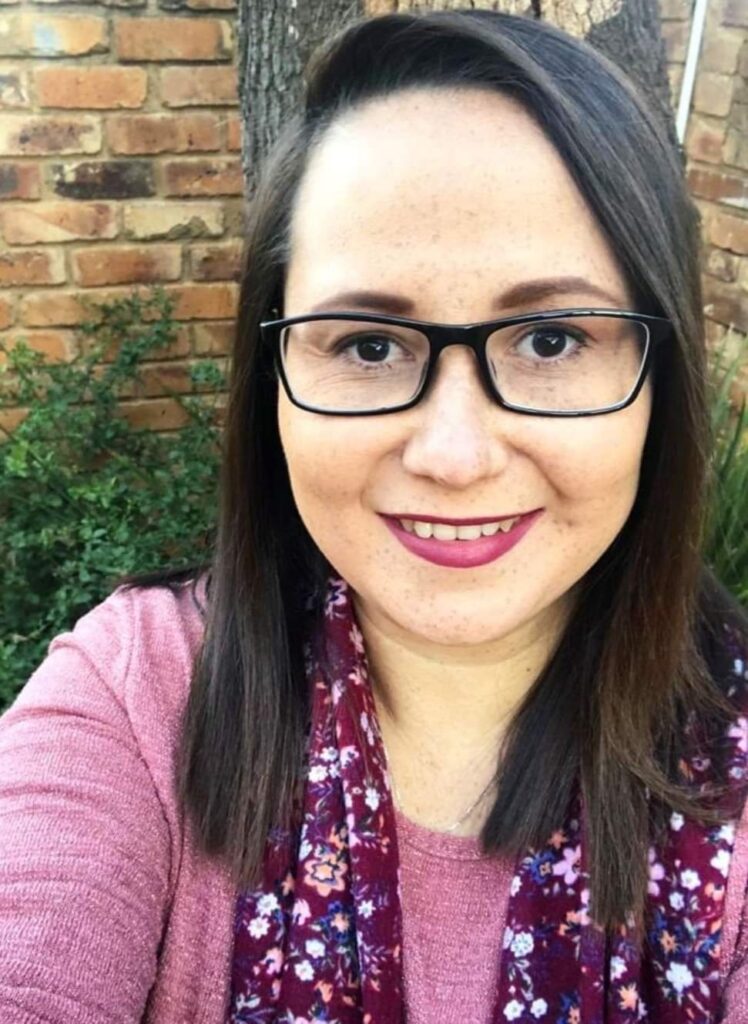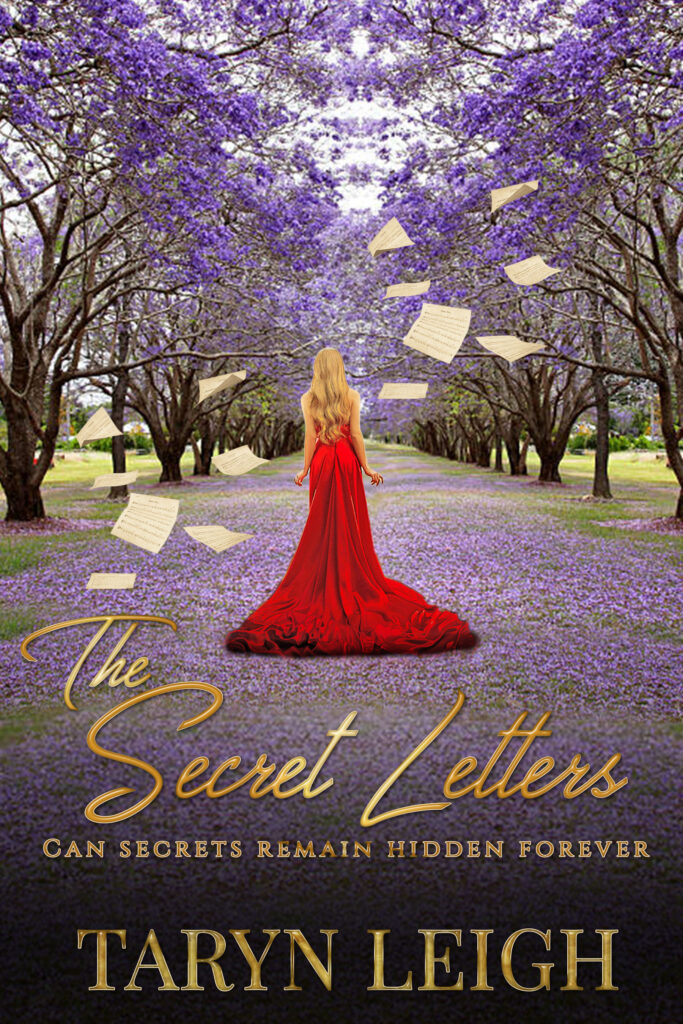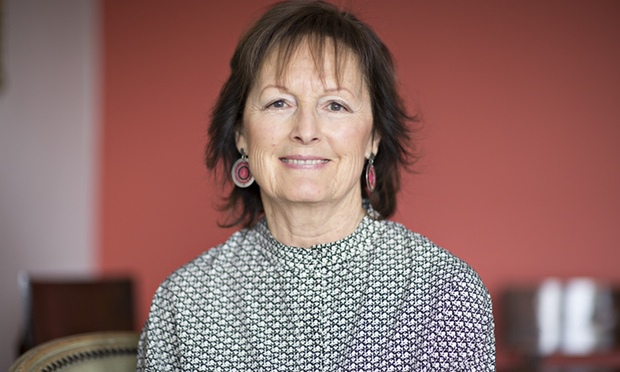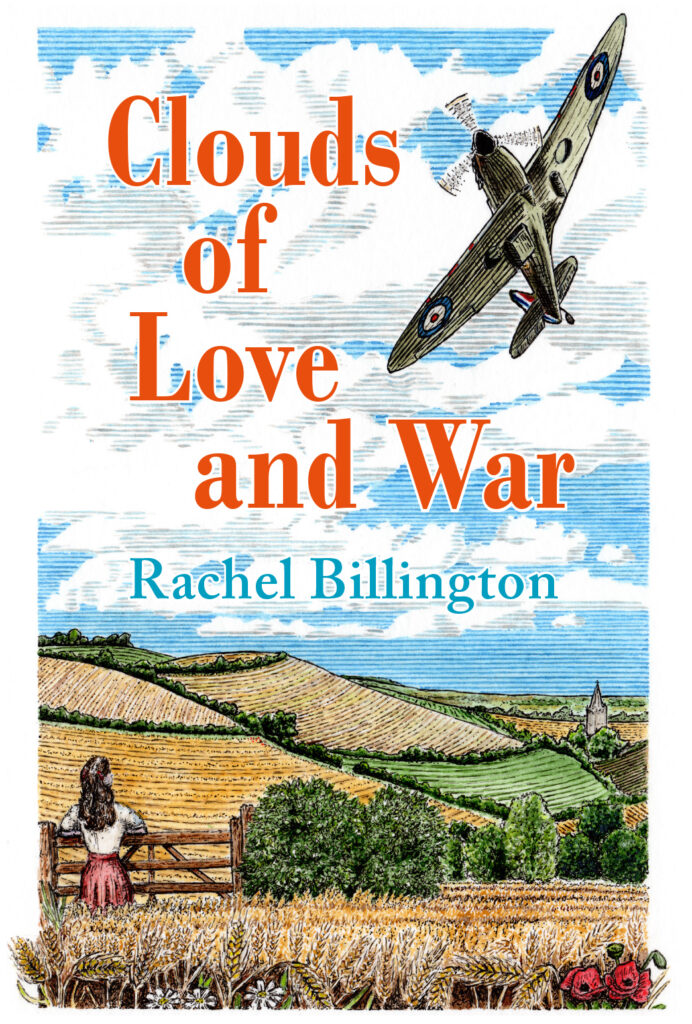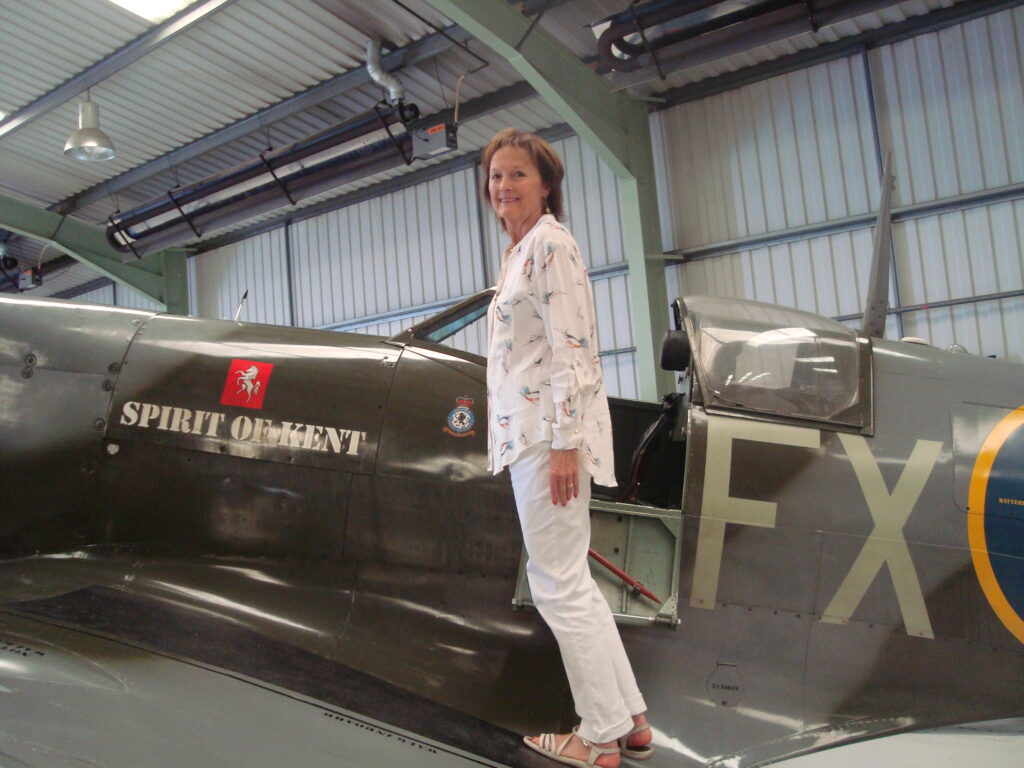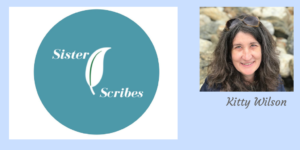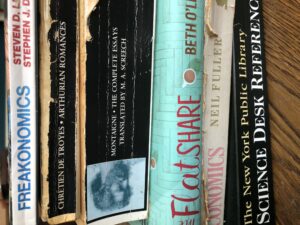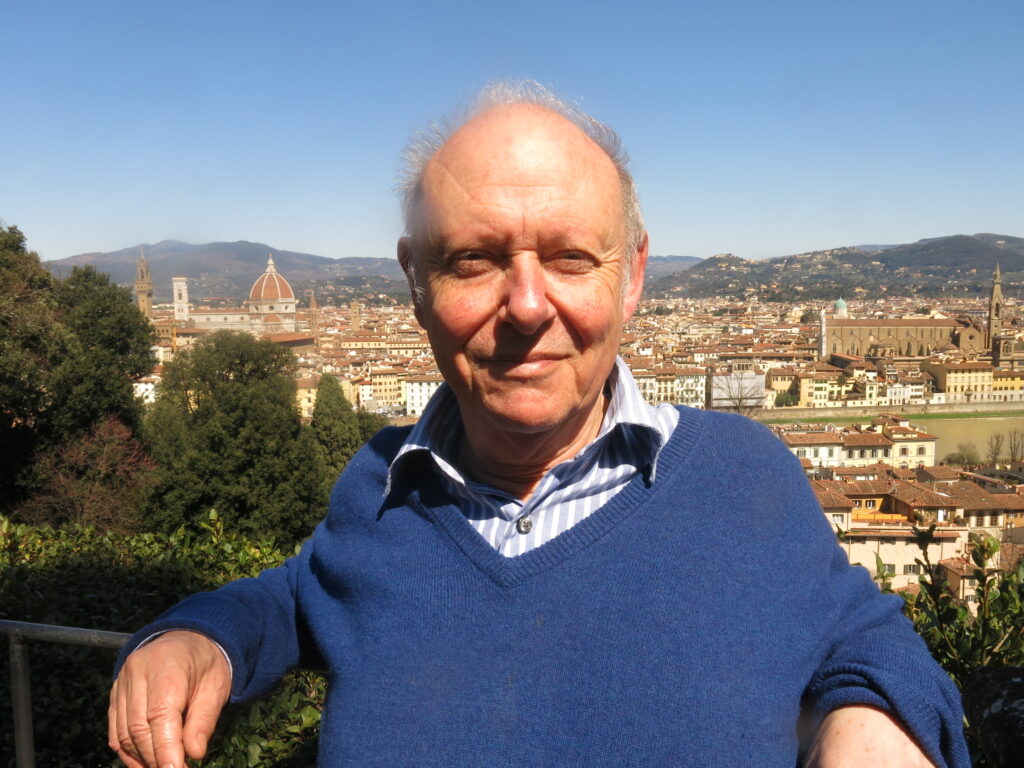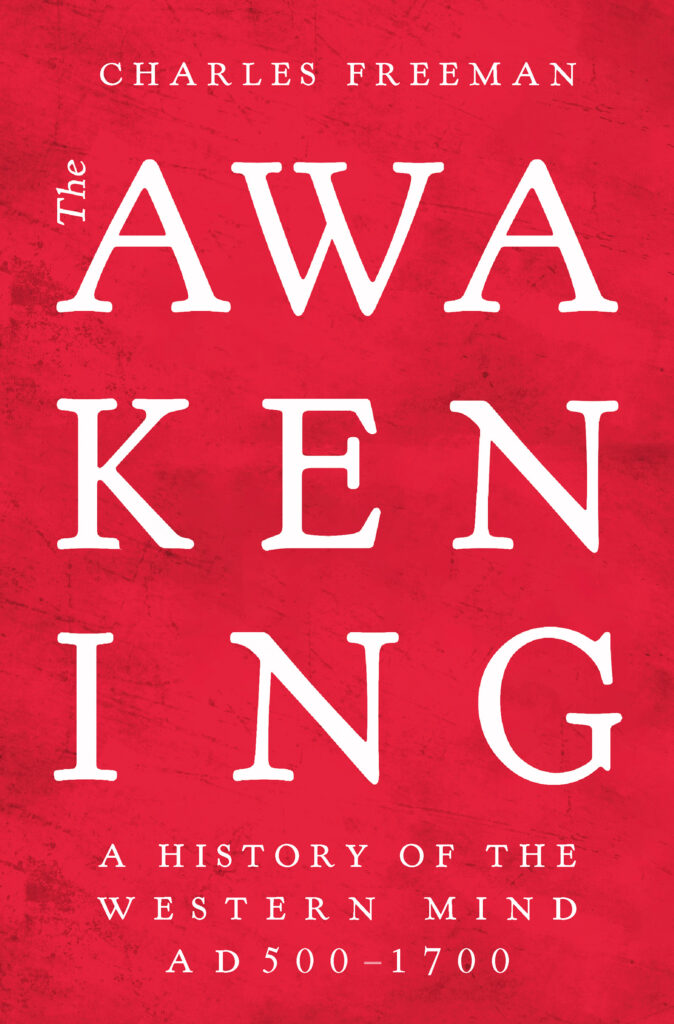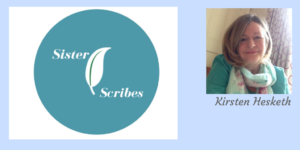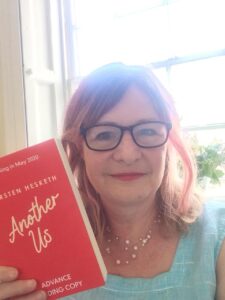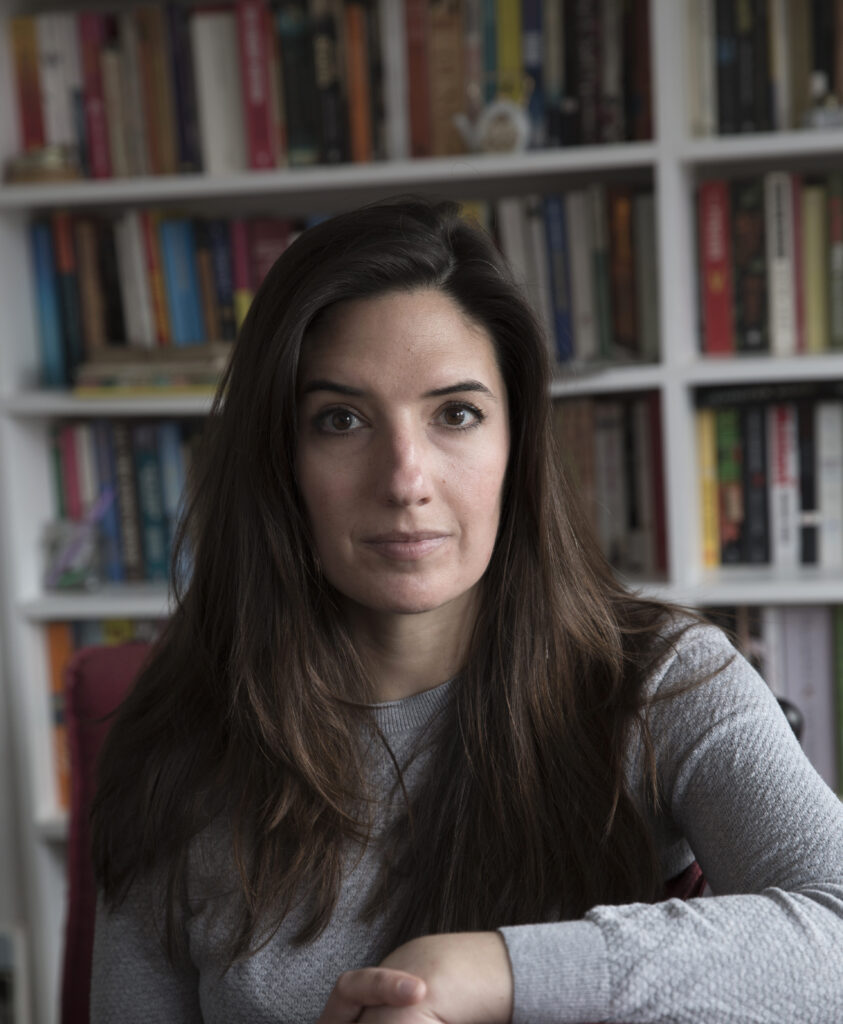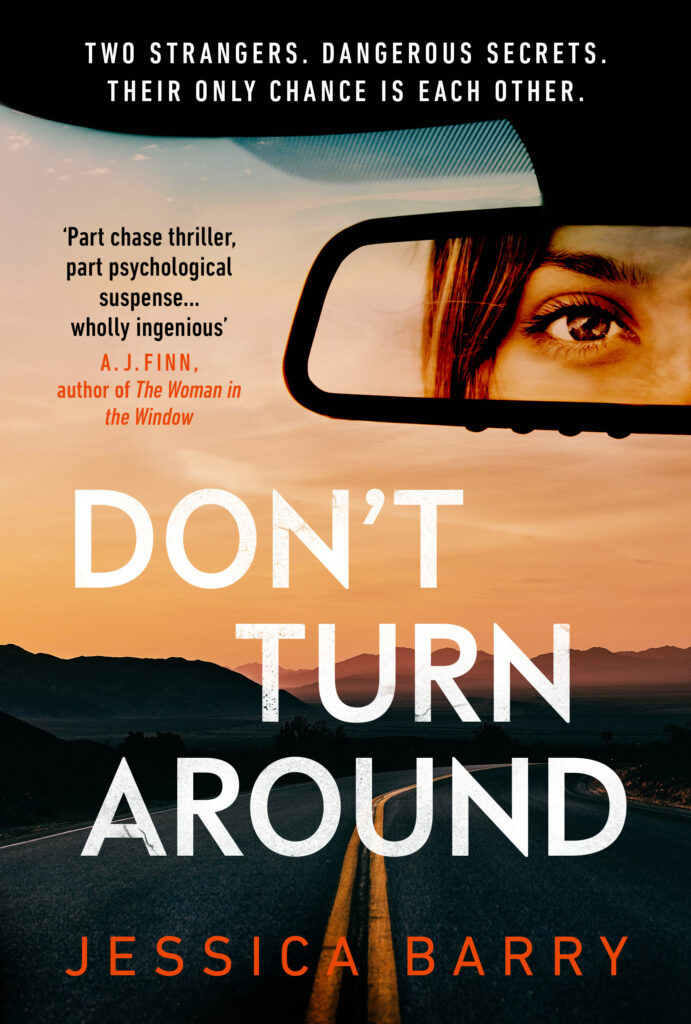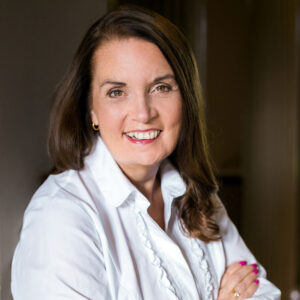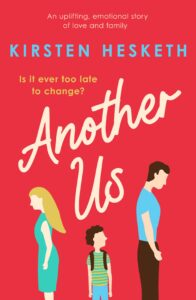I try to write whenever I can have moments alone, which are long enough for me to take my mind into the world of my characters.
Because writing currently isn’t my full time profession, this means that I cannot have a formal writing routine, but instead have to write when I get the chance.
My name is Taryn Leigh, and I’m a South African based Author, whose first book was published in the UK.
Although I write books that are considered to be romance or contemporary fiction novels, I try to ensure the reader can walk away with something of value after reading the book. Because of that, my books deal with real life struggles that women endure.
My first book was called Perfect Imperfections, and is available in Paperback, Audiobook and on Kindle.
My current book is called The Secret Letters and launched on 09 August in Paperback and Kindle.
What you are promoting now.
My latest novel, The Secret Letters, which deal’s with real topics of gender based violence, and the mental battle that comes with that.
It’s also a story of love and hope, and how to overcome your worst nightmares, especially in the arms of someone who loves you.
A bit about your process of writing.
I look out for stories that peak my interest, and then I let them mull over in my mind for a while, as I start to imagine the lives of the characters, as if they are real people. Only once I feel that they feel real to me do I start to put pen to paper and plan things more formally.
Do you plan or just write?
I have a very broad plan. Mostly the main characters and main events. I normally know how it should start, when the big reveal should be, and how it should end.
The rest, I just write and see how the characters develop over time, who they meet, and what additional relationships are formed.
What about word count?
I am conscious of it, but more towards the end of the book, because if I worry about it the whole time, I won’t get the story out.
I aim for 80,000 words or more, that can then be edited down during the editing process.
What do you find hard about writing?
Finding time to be alone, the rest, I absolutely look forward to.
The other part is editing and writing a blurb. It seems so hard to condense over 400 pages into a few lines.
What do you love about writing?
Meeting my characters. Might sound strange, but they feel like real people to me. They make me laugh and cry as I write their stories. They take me on adventures, I just love it.
Advice for other writers
Find your own voice and be authentic. Don’t try to write for the mainstream. You need to believe in what you are writing and the story will just flow.
Also dont give up, even when you feel stuck in the book, just keep going, it will all come together eventually.

